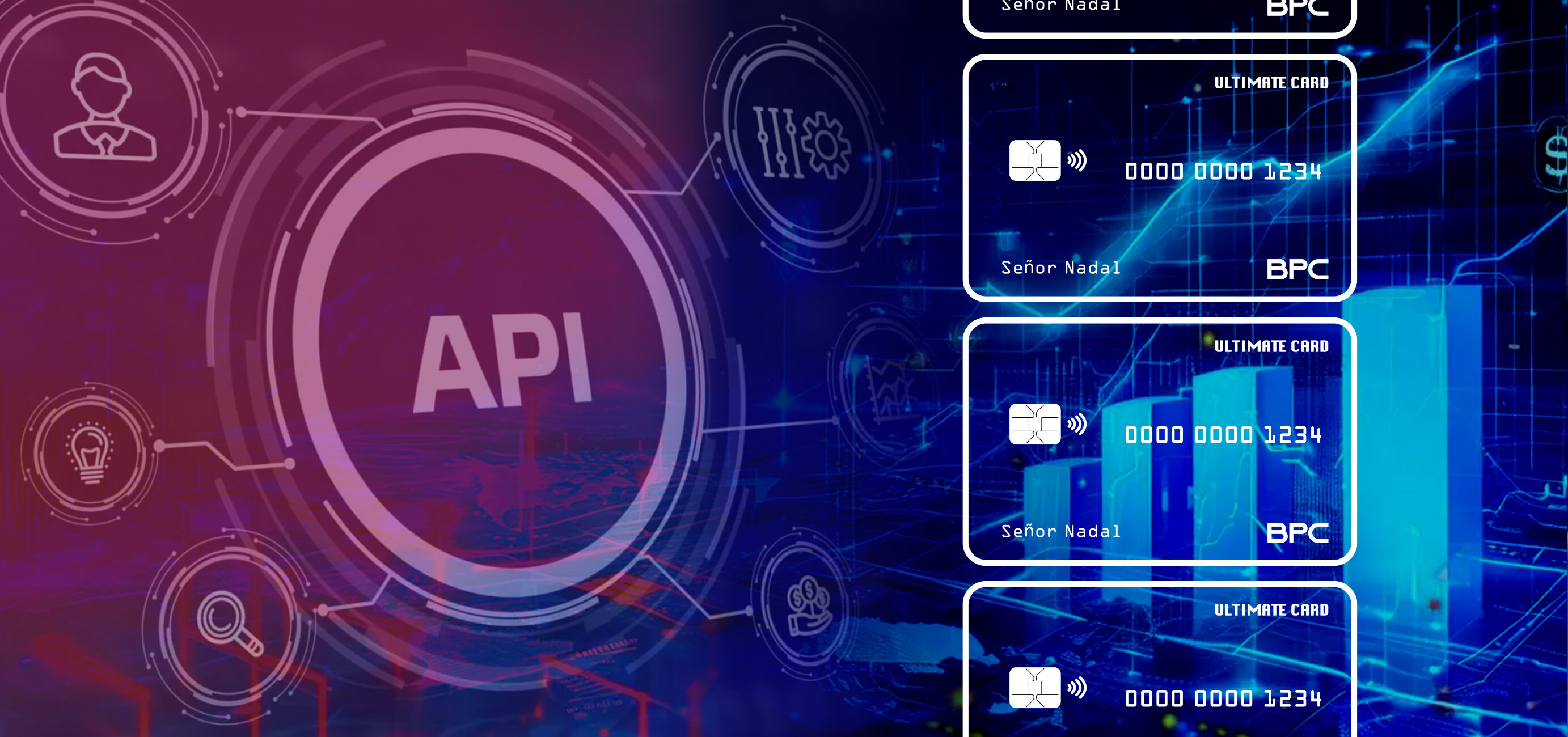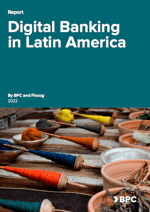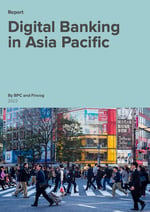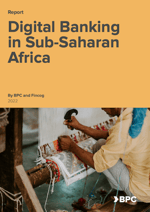As the payments industry continues to evolve rapidly, card processing is at the core of this transformation. Modern processors are shifting towards openness and integrability, focusing on APIs to accelerate innovation and streamline integration. For financial institutions, this shift is vital to remain competitive and meet the needs of their customers.
Challenger players have embraced this shift, allowing them to capture new portfolios and deliver solutions that meet the needs of financial institutions and customers. Challengers have been more successful than incumbents due to their adoption of open APIs and their ability to innovate faster in a competitive market.
The Importance of Openness and Integrability
Modern card processing offers greater openness and integrability through well-documented APIs. This approach enables financial institutions to quickly introduce new products and services, connect with third-party partners, and enhance customer experiences. However, many financial institutions face challenges with outdated legacy systems and the inability to collaborate with fintechs and other third-party providers, leading to missed opportunities due to slow time-to- market.
According to the report “Next Generation Card Processing”, 89% of challenger players in the card processing market offer access to their APIs, providing documentation and support for integration. In contrast, only 60% of incumbent players have made their API documentation public. This adoption of an API-first approach highlights how challenger players set industry standards and drive innovation.
It's known that usage of APIs varies across different regions, which is much influenced by regulatory frameworks in the regions. In Europe, the updated PSD2 directive requires banks to provide open access to customer data through APIs, while APAC countries such as Singapore also encourage data sharing through the introduction of open banking initiatives between different ecosystem players. If we look at other side of the world, for example, Mexico Fintech Law or Brazil, where National Monetary Council and BCB are leading the ongoing directive, which went into full implementation in 2023, with goal to bring transparency and innovation to the financial institutions through standardized data sharing.
Benefits for Financial Institutions:
While regulations may initially seem like enforcement measures, they actually positively reinforce the financial sector towards encouraging the use of open APIs. For financial institutions, adapting modern card processing with open APIs provides several benefits including flexibility, speed, and agility. APIs enable banks to quickly integrate card processing systems with their existing infrastructure. This allows them to respond to evolving customer and market demands, reducing time-to-market.
By leveraging well-documented APIs, financial institutions can also reduce the need for costly and time-consuming development. Open APIs simplify integration with third-party providers to implement innovative technologies and provide value-added service. This improves their product offering and enhances the overall customer experience. In addition, flexibility ensures financial institutions remain agile and rapidly adapt to industry changes.
The shift towards openness and integrability is reshaping the card processing industry. Financial institutions that embrace this shift will be better positioned to innovate, deliver tailored solutions, and meet the evolving demands of their customers.
If you would like to know more about next-gen card processing, download the full whitepaper.





